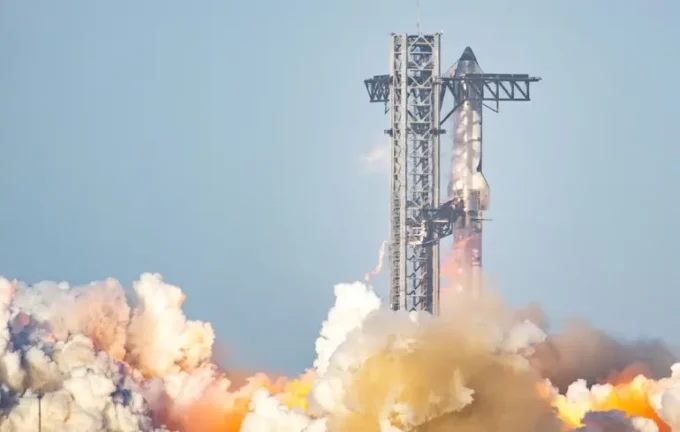Political Tensions and Strategic Reliance: Analyzing SpaceX’s Role in U.S. National Security

In recent months, intense discussions have emerged in the United States surrounding the role of SpaceX in ensuring the country’s security and its space interests. The administration of former President Donald Trump launched a comprehensive investigation into contracts awarded to Elon Musk’s company, aiming to review or reallocate these agreements. However, internal audits conducted by government agencies revealed unexpected findings: the national security of the U.S. heavily depends on SpaceX’s technological capabilities and infrastructure, especially regarding satellite launches, space-based communication services, and crew transportation. It turned out that the U.S. currently has no technological counterpart capable of competing in low Earth orbit launch services. This presents a significant challenge for American policymakers, as any attempt to limit or weaken collaboration with SpaceX could jeopardize the execution of strategic space missions. Meanwhile, SpaceX continues to demonstrate high competitiveness, maintaining its position through favorable pricing and high-quality execution of contracts. Statements from SpaceX leadership during the review process affirm their confidence in independence and strict adherence to standards. Nonetheless, technical delays in new rockets and space systems remain obstacles amid fierce market competition. In June, Elon Musk’s decision to halt Crew Dragon operations raised concerns at NASA, which needs at least two platforms for astronaut transport. This suspension poses risks for the U.S. space program and national security. After legislative measures designed to support space technology, relations between Musk and Trump cooled, with Musk announcing the creation of a new political entity and distancing himself from former president. The ongoing search for rapprochement between these influential figures continues without concrete results so far. The U.S. finds itself at a critical juncture where dependence on key space actors could impact the country's future security and technological sovereignty.

